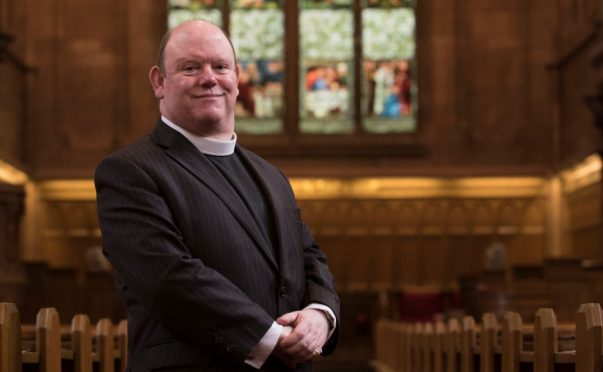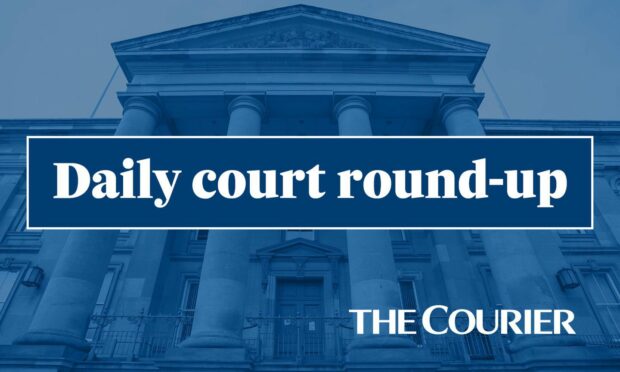The Moderator of the General Assembly of the Church of Scotland, the Right Rev Dr Derek Browning, is attending celebrations to mark the 500th anniversary of the Reformation in Wittenberg, Germany. Here the St Andrews University divinity graduate and former Cupar Old Parish Church minister, reflects on the impact of Martin Luther – the German monk and scholar – who is credited with starting the movement for widespread religious reform.
In the 21st Century, in a world so very different from the 16th Century, many might be asking the question, “What’s the Reformation ever done for us?”
The Reformation had an impact on everything, culture, commerce, education and the way we worship and understand God and the Bible.
With current interest in the celebration of events in October 1517 when Martin Luther is said to have ‘nailed’ 95 Theses to the door of the Castle Church in Wittenberg, Germany, why does the Reformation still matter?
Luther, a German friar, was attempting to encourage scholars and dignitaries to define and debate what he perceived as the errors of the medieval Roman Catholic Church.
Luther was concerned that people should have a more direct access to God through worship and through reading the Bible.
His desire to stimulate debate was intended to reform the Church that he was part of; he believed firmly that he was doing the Pope a favour by challenging the Church to correct its bad practices.
Luther’s thinking was not particularly original, others had said similar things before him, and others like Zwingli and Calvin in Switzerland, Cranmer in England, and Knox in Scotland, were to be more radical.
Luther’s theses are engraved into the door of All Saints’ Church, Wittenberg.
The Latin inscription above informs the reader that the original door was destroyed by a fire, and that in 1857, King Frederick William IV of Prussia ordered a replacement be made.
There were many Reformations in Europe.
But Luther was the first to provide a coherent, evolving challenge, which formed the basis of the Protestant movement.
The Reformation sought to place the understanding of and commitment to faith in the hands, and hearts of individuals.
By utilising the technological development of printing, the Bible was brought to the people.
People could hear, and then read, the central book of Christian faith.
People were invited to hear services in their own language, and wrestle with what faith meant to them.
In Scotland, after the 1560 Reformation, every parish was to have not only a church but also a school; so education was brought into the heart of the nation.
With personal accountability in faith, it was a small step to move towards personal accountability in politics, and the Reformation moved the world towards democracy, and opportunities to participate in the economics and wealth-making of communities.
There will always be contrary views to what the Reformation enabled and disabled, but it was undoubtedly a jolt to religious practices that had grown unhealthy and too routine.
Through words and music, ordinary people were enabled to engage directly and personally with God, with the Church challenged to make faith more accessible, and commitment more personal. Its aim was to remove the distance between God and humanity, and help people to encounter their God, through Jesus, directly.










